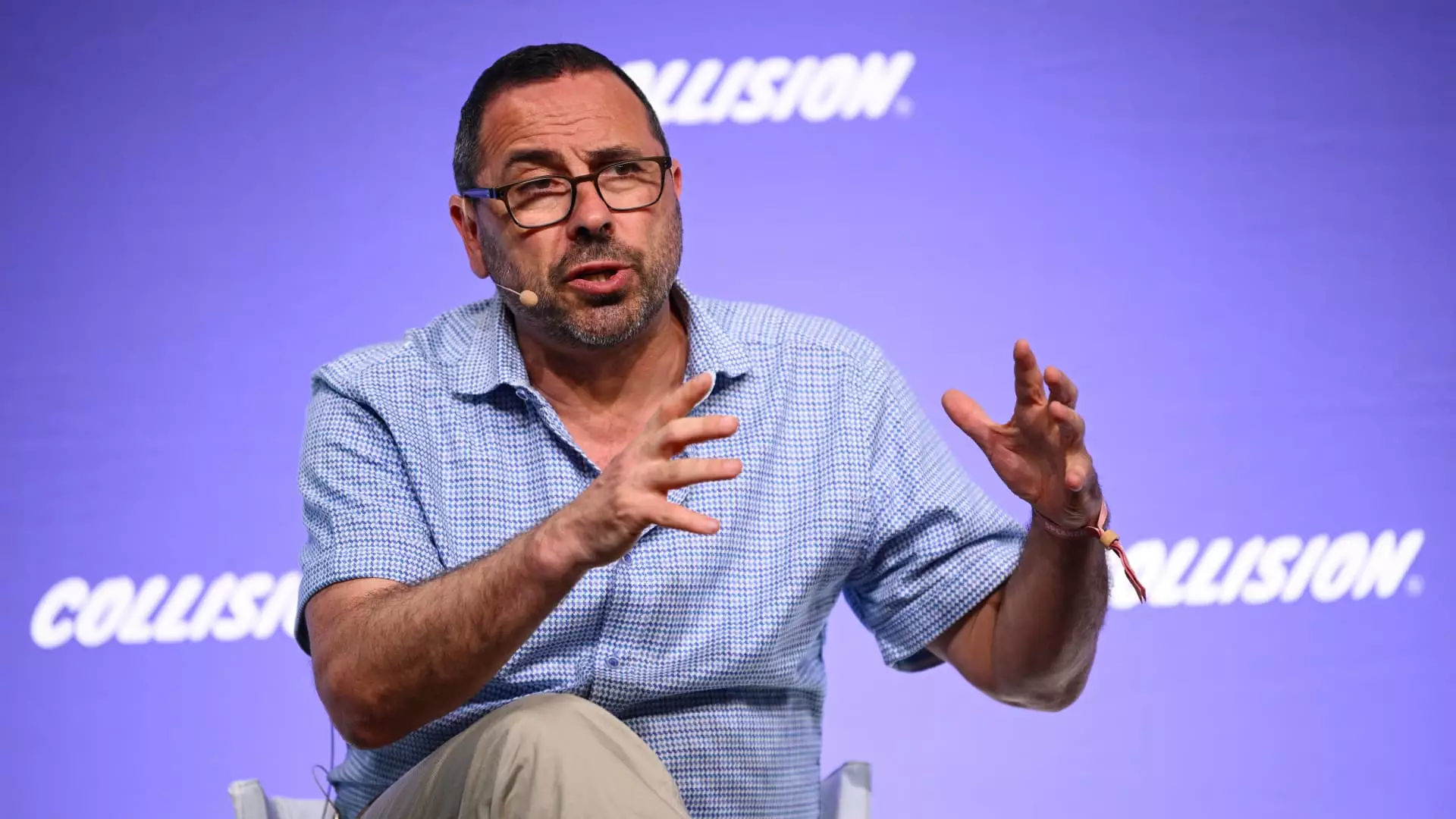Artificial intelligence (AI) continues to disrupt industries, and the technology underpinning this transformation is rapidly evolving. In this context, Cerebras Systems, an AI chip startup based in Sunnyvale, California, has taken a significant step by filing for an initial public offering (IPO). With aspirations to trade under the ticker symbol “CBRS” on the Nasdaq, the company seeks to carve out a niche in an increasingly competitive market dominated by giants like Nvidia. For those interested in the trajectory of AI technologies, Cerebras provides a compelling case study of ambition amid challenges.
Cerebras Systems positions itself as a formidable competitor to Nvidia, which has emerged as a leader in providing graphics processing units (GPUs) essential for the training and deployment of AI models. The WSE-3 chip from Cerebras boasts a higher number of cores and a more extensive memory capacity compared to Nvidia’s widely-used H100 chip, featuring a physical footprint that exceeds that of traditional alternatives. This technical superiority is one aspect that Cerebras hopes will resonate with developers and enterprises looking for cutting-edge performance in AI workloads. However, the road ahead is fraught with competition, not only from Nvidia but also from established tech players like AMD, Intel, Google, and Microsoft, which have all developed their proprietary AI chips.
According to Cerebras’s recent filing, the financial landscape reveals a mixed picture. In the first half of 2024, the startup recorded a net loss of $66.6 million against $136.4 million in sales. Comparatively, during the same period in 2023, losses swelled to $77.8 million on $8.7 million in revenue. These figures highlight not only the challenges that start-ups face in scaling their operations but also the significant investments required to keep pace with both innovation and growing operational costs. Operating expenses have grown partly as a result of increased personnel costs, indicating that Cerebras is investing in talent to drive its growth.
A notable aspect of Cerebras’s financial model is its reliance on major clients for revenue. The group’s primary customer, UAE-based G42, represented an astonishing 83% of Cerebras’s revenue last year, putting pressure on the firm to diversify its customer base. The company’s dependence on a single client raises questions about stability and resilience, especially in a sector where customer needs and technological preferences can rapidly shift.
Cerebras has also cautioned its investors about potential supply chain disruptions, a sentiment echoed throughout the tech industry in the wake of global logistical challenges. Its chips are manufactured by Taiwan Semiconductor Manufacturing Company (TSMC), whose issues could directly impact Cerebras’s ability to deliver on its promises to customers. The realities of dependence on third-party manufacturers highlight a significant risk factor for investors considering entry through the upcoming IPO.
Despite the challenges, Cerebras has secured a commitment from G42 for $1.43 billion worth of product orders, expected to be fulfilled by March 2025. This partnership affirms confidence in the startup’s potential but also illustrates the delicate balance of dependencies it must navigate. The presence of high-profile investors, including OpenAI CEO Sam Altman and Sun Microsystems co-founder Andy Bechtolsheim, adds credence to Cerebras’s potential but raises expectations on performance and returns.
As of early 2024, the IPO market for technology firms is tepid, primarily due to increased interest rates which have diverted investor resources towards more stable, profitable entities. Cerebras’s IPO, facilitated by Citigroup and Barclays rather than traditional heavyweights like Morgan Stanley or Goldman Sachs, underscores both a risk and an opportunity. Whether investors will be willing to take a chance on a new entrant like Cerebras in a cautious market remains to be seen.
Cerebras Systems, with its ambitious plans to enter the public market, finds itself at the intersection of innovation, competition, and financial scrutiny. While the path is fraught with complexities, its technological advantages and strategic partnerships offer it a fighting chance in the crowded AI chip marketplace. For investors and tech enthusiasts alike, Cerebras serves as a case study of the evolving landscape of artificial intelligence—a blend of promise, risk, and the relentless pursuit of progress.

Leave a Reply